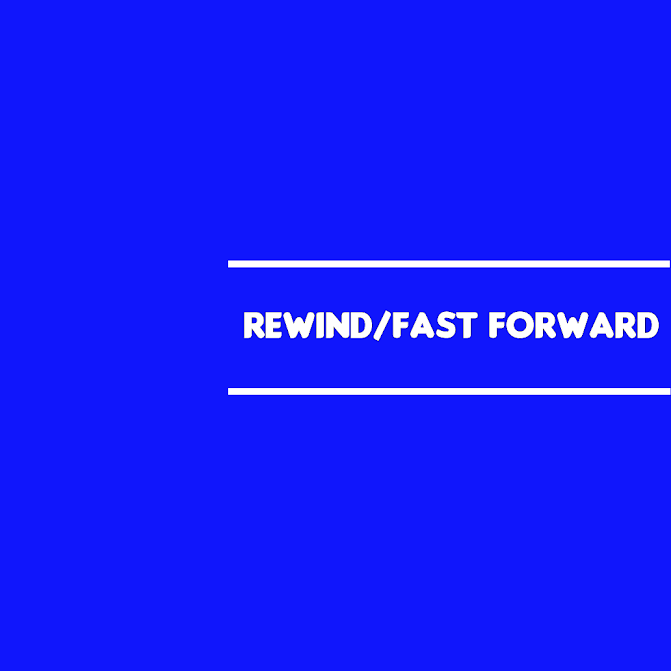McCarthy were a British indie pop band, formed in Barking, Essex, England in 1984 by schoolmates Malcolm Eden (voice and guitar) and Tim Gane (lead guitar) with John Williamson (bass guitar) and Gary Baker (drums). Lætitia Sadier would later join the band on vocals on their third studio album Banking, Violence and the Inner Life Today. They mixed a sweetly melodic style, dominated by Gane's 12-string guitar playing, with Eden's overtly political lyrics, often satirical in tone, which reflected the band's far left leanings.
Eden, Gane and Williamson met at Barking Abbey Comprehensive School. Gane was originally a drummer, but was initially taught to play guitar by Eden, who also taught Williamson the basics of bass. Eden and Gane were fans of punk groups such as the Sex Pistols, The Clash, and Buzzcocks, and they covered their songs in small gigs as teenagers. Baker joined in 1984, and with the new line-up deciding on the name McCarthy (a tongue-in-cheek reference to American politician Joe McCarthy), they released a self-financed first single, "In Purgatory" in 1985. The band were signed by the Pink Label, releasing two further singles "Red Sleeping Beauty" and "Frans Hals". The band had a track included on the NME C86 album ("Celestial City"). Their debut album I Am a Wallet was released in 1987. The album was virtually ignored by UK radio programmers, except for BBC Radio 1 DJ John Peel. Because of Eden's Marxist political views, the band were, to their dismay, often lumped in with other left-wing acts like Billy Bragg and The Redskins. I Am a Wallet has since been described by Nicky Wire as "the most perfect record, a Communist manifesto with tunes", and was rated by James Dean Bradfield as his top British album of all time.
 Two further singles appeared in early 1988 and were followed by a second album, The Enraged Will Inherit the Earth, which was considerably less well received. A year later, they released a third album Banking, Violence and the Inner Life Today, on which they were joined by Gane's girlfriend Lætitia Sadier on vocals. The album suggested a new willingness to experiment musically, and was seen by critics as something of a return to form, but it in fact proved to be their swansong and they split soon afterwards. Eden felt there was no need to continue with the band, believing that their creativity peaked with that LP. The band's final gig was at the London School of Economics in 1990. The band twice had songs in John Peel's Festive Fifty: "Frans Hals" in 1987 (#35), and "Should the Bible Be Banned" in 1988 (#38).
Two further singles appeared in early 1988 and were followed by a second album, The Enraged Will Inherit the Earth, which was considerably less well received. A year later, they released a third album Banking, Violence and the Inner Life Today, on which they were joined by Gane's girlfriend Lætitia Sadier on vocals. The album suggested a new willingness to experiment musically, and was seen by critics as something of a return to form, but it in fact proved to be their swansong and they split soon afterwards. Eden felt there was no need to continue with the band, believing that their creativity peaked with that LP. The band's final gig was at the London School of Economics in 1990. The band twice had songs in John Peel's Festive Fifty: "Frans Hals" in 1987 (#35), and "Should the Bible Be Banned" in 1988 (#38).Gane and Sadier went on to form Stereolab, while Eden formed the short-lived Herzfeld. Baker went on to a career in radiography, before going on to work for The Guardian. Williamson went on to work for music publisher BMG and Domino Records. McCarthy were a major early influence on Manic Street Preachers who covered three of their songs: "We Are All Bourgeois Now" appeared as a hidden track on their Know Your Enemy album; "Charles Windsor" appeared as a b-side on their Life Becoming a Landslide EP; and "Red Sleeping Beauty" appeared on their single "Autumnsong". Nicky Wire has said of the band: "McCarthy - the great lost band of the '80s they redesigned my idea of politics and pop, it could be intelligent, it could be beautiful. They were frail, tragic, romantic idealists. The songs soothed your body but exercised your brain. They were my education, my information and they are partly to blame for the realisation of the Manic Street Preachers. I still fall in love with this album every six months, it makes me feel guilty because it's so good".









Comments
Post a Comment